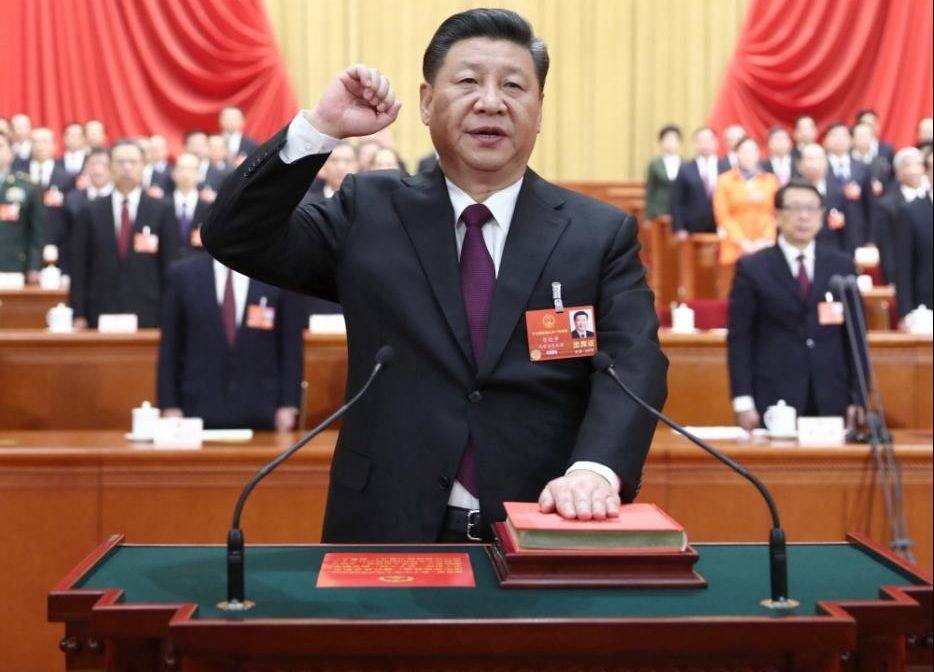Data on China’s use of the Interpol is scarce but all evidence points to a significant increase in the use of its tools since Xi Jinping assumed his role at the helm of the CPC…reports Sanjeev Sharma
Data has emerged for the first time on how China uses and misuses Interpol tools such as Red Notices, how its use of the Interpol has changed dramatically since President XI Jinping launched his “anti-corruption” campaign, according to a report.
The report by Safeguard Defenders says that after a brief period of high profile and public use of Red Notices, China’s use is now shrouded in more secrecy. Beijing has affirmed its new intended and announced policy to refrain from making its Red Notice requests public.
Data on China’s use of the Interpol is scarce but all evidence points to a significant increase in the use of its tools since Xi Jinping assumed his role at the helm of the Chinese Communist Party in 2012.

The use of Interpol plays a key role among other legal and extra-legal means to hunt “fugitives” in the wider ambit of his domestic “anti-corruption” campaign and international operations Sky Net and Fox Hunt, the report said.
“China has kept up its great efforts in fighting corruption in recent years. Sky Net, built in 2015 to net corrupt fugitives living overseas, has seen 4,997 fugitives returned to China from over 120 countries and regions. Among them, 54 were on the list of China’s hundred most-wanted suspects, all of whom had Interpol Red Notices for them. There’s no need to run, and there’s no room to run. Xi has guaranteed to Chinese nationals that no matter where the corrupt officials flee, they must be brought to justice,” CGTN reported in January 2019.

The investigation highlights some of the main issues with, and the misuse of, the Interpol system by China: prolonged detention and arbitrary arrest on the basis of Red Notices of activists and persecuted ethnic or religious minorities abroad; harassment and intimidation of political dissidents; improper use of Interpol notices to induce “fugitives” to return “voluntarily”; and the wider intimidation and harassment of communities within China, Safeguard Defenders said.
Furthermore, the expanding nature of political crimes in Chinese criminal law is rapidly driving the basis for arrest warrants.
The increasing extra-territorial application of National Security Provisions both in Hong Kong and on the mainland is an added cause for concern and warrants immediate attention by Interpol member states. Most recently, an official stated earlier this month that being in favour of Taiwan independence constitutes a crime, and that its culprits, including those living outside the Mainland, will be criminally liable for life in China, the report said.
Despite some recent reforms, the Interpol’s famously untransparent Red Notices and Diffusions systems continue to draw harsh criticism from human rights defenders.
Recent cases, such as the continued detention of Uyghur Idris Hasan in Morocco on a Red Notice requested by China issued in 2017 and deemed “non-compliant” by the Interpol only following his arrest, highlight the inherent dangers of international policing cooperation with non-Rule of Law countries, prone to abuse such instruments for persecution that run counter to the Interpol’s Constitution, the report said.
In the ambit of a wider campaign on such issues – including bilateral extradition treaties and judicial cooperation agreements with the China – the investigation seeks to elucidate some of the most obvious China abuses of the Interpol system.

Leave a Reply